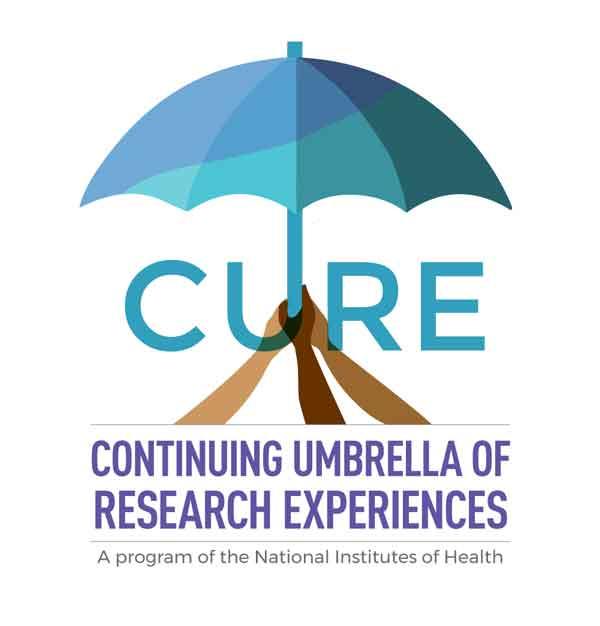Celebrating 21 Years of the CURE Program
, by CRCHD Staff
The NCI Center to Reduce Cancer Health Disparities (CRCHD) is thrilled to celebrate the 21st anniversary of the Continuing Umbrella of Research Experiences (CURE) program this year! To honor this milestone, we will host Celebrating 21 Years of the CURE Program on June 27, 2017, at the Natcher Conference Center on the NIH Campus.
The celebration will recognize an exemplary group of current and former CURE scholars, mentors, and champions, and will include opening addresses by NCI and CURE leadership.
During the celebration, we will recognize honorees in six categories — Champions, Emerging Scholars, Pacesetters, Mentorship, Service to The Profession, and Lifetime Achievement. These categories were chosen to honor CURE scholars from the very earliest stages of the CURE pipeline to those who have made a significant impact in the fields of cancer and cancer health disparities research, as well as mentors and champions who are vital to CURE’s success. Find out who we will be recognizing on the CURE Honors page.
CRCHD is proud of each of our scholars, so while this list of honorees is by no means exhaustive, we were especially inspired by their many successes and accomplishments. Ultimately, these notable CURE scholars, mentors, and champions were selected because they represent some of the best of those who make the CURE program so special.
We hope that you will be as inspired by these honorees as we are and invite you to watch this celebration via NIH Videocast beginning at 9:00 AM on June 27, 2017.
The celebration will continue on the following day with the inaugural CURE Distinguished Scholars Seminar Series. Dr. Lewis Roberts will present Teams: Leveraging the Power of Collaboration to Advance Your Science and Reduce Disparities. To learn more about this seminar, read CRCHD Announces New CURE Distinguished Scholars Seminar Series.
The CURE program supports underrepresented individuals across the academic continuum — beginning in middle school and continuing to cancer research independence — through a pipeline of research funding opportunities.
